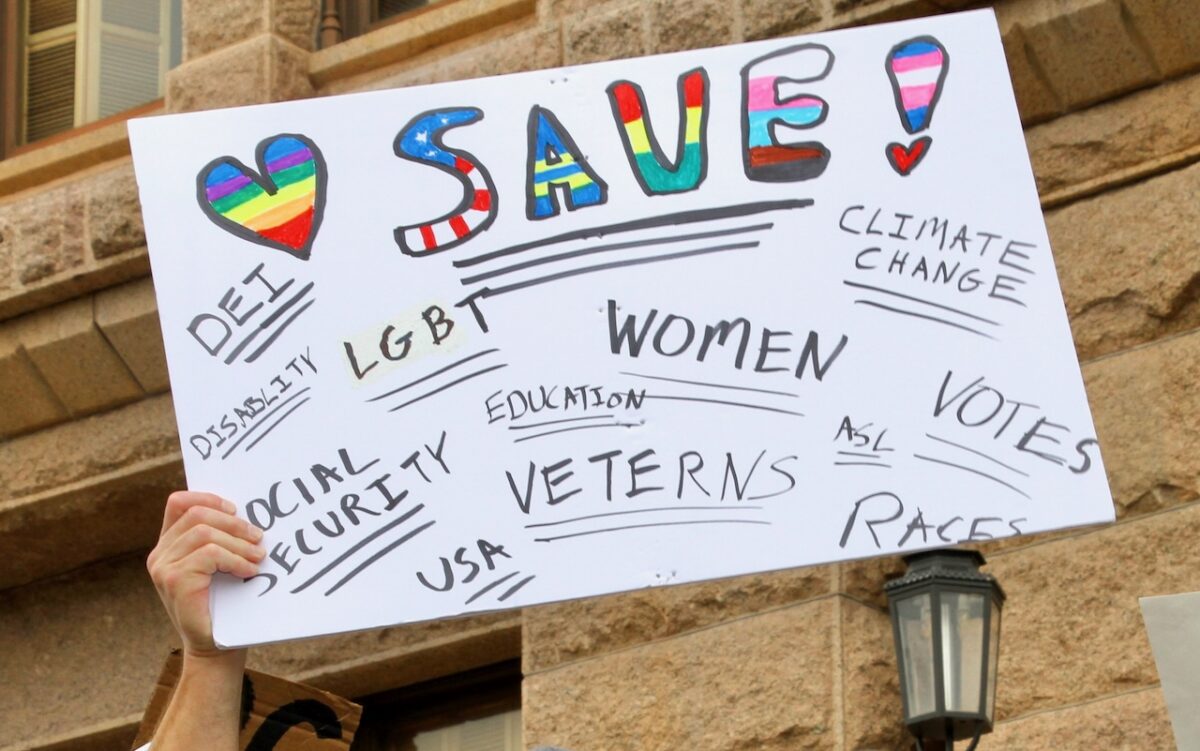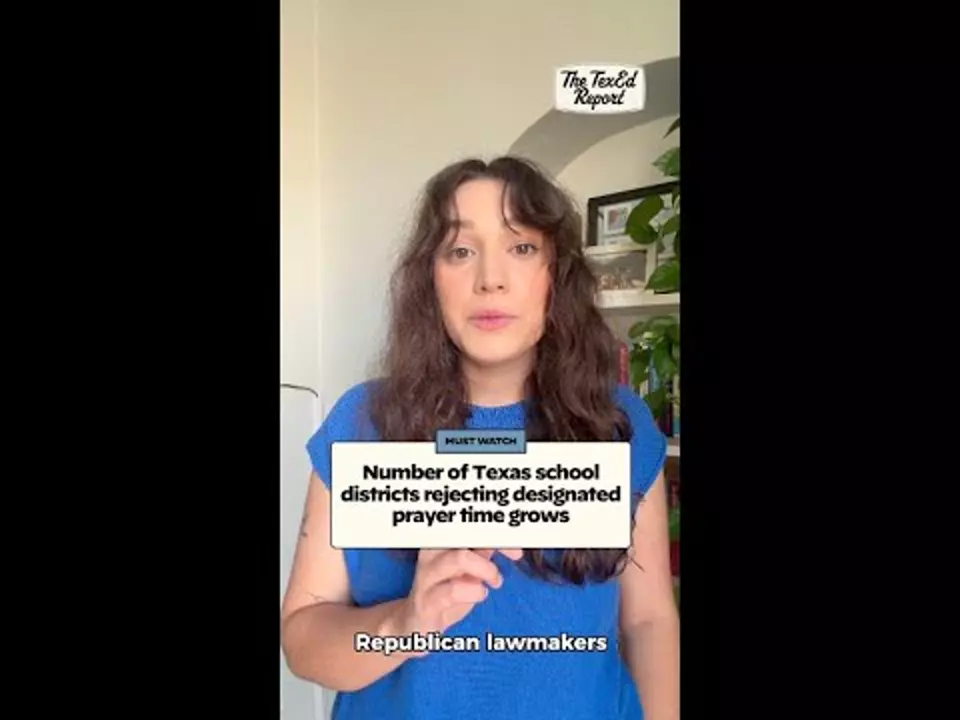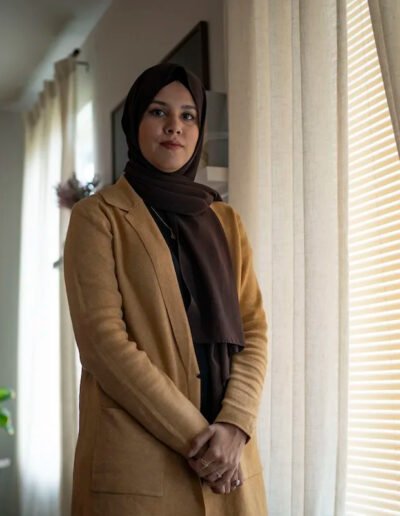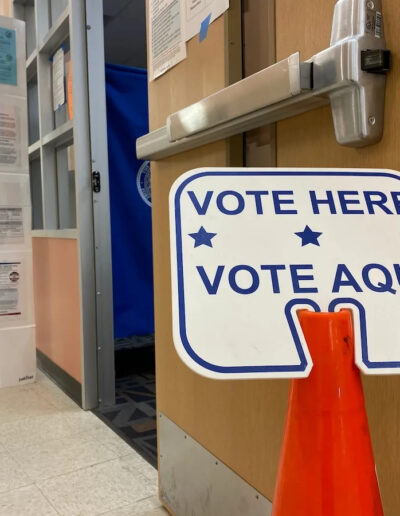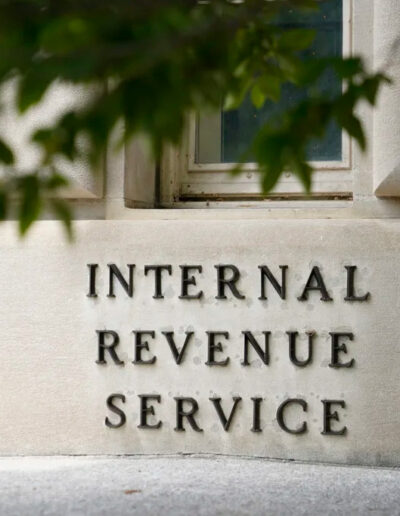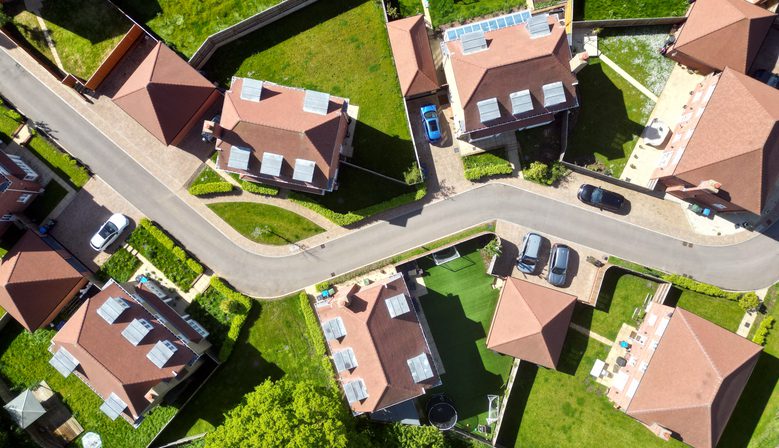
The city of Dallas has 40,000 too few homes that are considered affordable for its lowest income households, according to HR&A Advisors. Photo by Richard Newstead/Getty Images
Dallas housing advocates are hopeful about legislation that would allow workforce housing, small dwellings on single-family lots.
Affordable housing options are few and far between in Dallas, as more than half of renters in Dallas are cost burdened, and the city has the least affordable housing market across North Texas.
Some Texas lawmakers want to address the issue when the Texas Legislature convenes in January. Here are three bills that could impact housing in Dallas.
House Bill 878: Accessory dwelling units
HB 878, sponsored by Rep. Cody Vasut (R-Angleton), caught the attention of Dallas housing advocates. It states that local governments can’t adopt or enforce measures that would “prohibit an owner of a lot from building an accessory dwelling unit before, after, or concurrently with the building of the primary dwelling unit on the lot; or prohibit the owner from selling or entering into a residential lease of an accessory dwelling unit.”
ADUs, also known as mother-in-law suites, tiny homes, or backyard cottages, are secondary housing units on a single-family lot. They can add affordable housing units to an area without changing the look of a street.
While they are not illegal in Dallas, homeowners have to go through a lengthy approval process to get them built, and they have continued to be a contentious topic. In 2018, the city council approved two different options that would allow ADUs to be built or rented out, but it came with specific regulations that require action by the city.
“There are already many ADUs in Dallas that have existed for a long time, so allowing it on a statewide level makes a lot of sense,” said Bryan Tony, head of the Dallas Housing Coalition. “It will allow us to take existing single family lots and build another unit on those properties, creating passive income and generational wealth for people.”
Dallas City Council member Chad West, an advocate for affordable housing, said this is a bill he hopes the legislature embraces. Housing is the issue of the decade in Dallas, he added.
“We’ve talked about ADUs for years since I’ve been on the council and if this bill gains any traction it could do a lot of the work for us,” West said. “Having to go through additional approval processes is very arduous and uncertain. But this bill could eliminate that uncertainty and extra hurdles. Any tool that can help chip away at our unaffordability problem is one we should embrace.”
House Bill 369: Number of dwellings on a property
This bill, sponsored by Rep. Carl Tepper (R-Lubbock), is the antithesis of HB 878. It would essentially kill any opportunity to build ADUs by “prohibiting municipalities from adopting or enforcing ordinances, zoning variances, or other regulations that allow for the construction of more than one single-family dwelling on a lot that was zoned for single-family dwellings.”
The bill does include an exception that would allow an ADU to be built if the municipality provides written notice to each affected property owner within 200 feet of the unit and obtains their consent, but West said he believes it would be a lost cause.
“There’s zero chance someone will ever get 100% consent,” West said. “We have an ordinance here in Dallas that allows neighborhoods to opt-in to building ADUs if you get a high percent, it might as well be 100%, of neighbors’ consent, and we only have one neighborhood in Dallas since that ordinance passed that actually opted-in. It’s not an efficient way to do it.”
Senate Bill 234: Workforce housing
This bill from Sen. Nathan Johnson (D-Dallas) establishes the Workforce Housing Program within the Texas Department of Housing and Community Affairs.
Texas is short approximately 300,000 housing units to meet the demand of a growing workforce, and scarcity of housing for essential workers is driving prices up at all levels of affordability, according to a press release from Johnson.
This bill would incentivize private sector construction of hundreds of thousands of workforce housing units through low-interest financing.
“ We’re a city that values businesses, both the large corporate types and also small entrepreneurs, and that’s great,” West said. “However, if we can’t house the workforce that services those companies, our economic development engine will not survive. We’ll just keep pushing people out to the suburbs and the economy will move further and further away versus being here.”
Support Our Cause
Thank you for taking the time to read our work. Before you go, we hope you'll consider supporting our values-driven journalism, which has always strived to make clear what's really at stake for Texans and our future.
Since day one, our goal here at COURIER Texas has always been to empower people across the state with fact-based news and information. We believe that when people are armed with knowledge about what's happening in their local, state, and federal governments—including who is working on their behalf and who is actively trying to block efforts aimed at improving the daily lives of Texas families—they will be inspired to become civically engaged.






